Lake Flooding and Coastal Flooding on the Great Lakes: Say What!
January 13th, 2020
4 min read
By Chris Greene
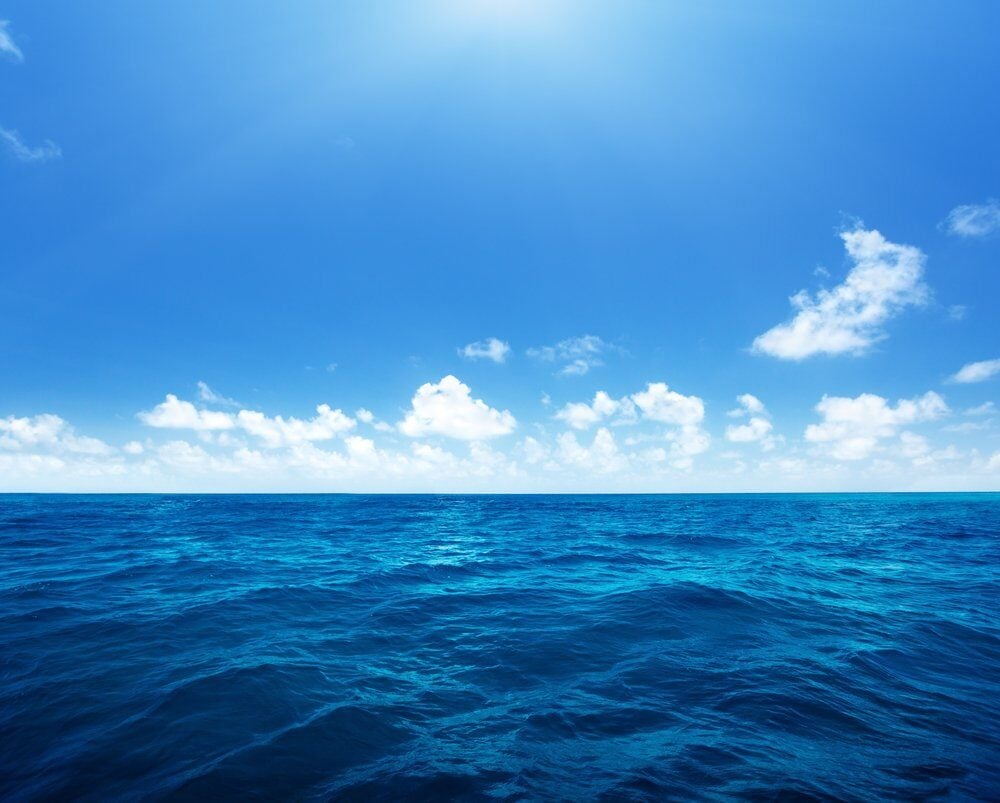
When you think of coastal flooding what comes to mind?
You are probably thinking about a million dollar beach house right on the water some where in Florida being washed away.
This is the picture that the media has painted for most flood disasters. So its no surprise that when you mention coastal flooding and lake flooding on the great lakes together people look at you like you are crazy.
One explanation for these is everybody associates coastal flooding with oceans and beaches. It brings up the decades long debate on do places like the great lakes really have beaches or a coastline?
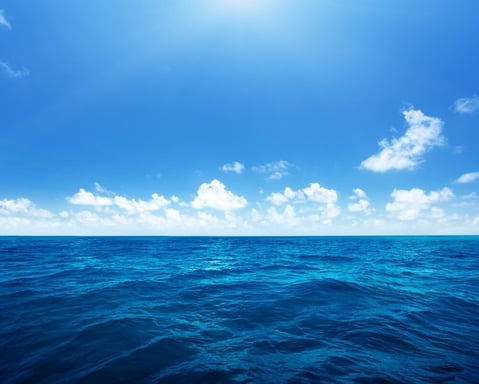
Lets look at what a coastline and a beach are defined as, first off according to Webster dictionary a coastline is a line that forms the boundary between the land and the ocean or a lake.
According to Websters dictionary a beach is a shore of a body of water covered by sand.

Now that we understand what a coastline and a beach are it should settle the great debate if the great lakes have a coastline or beach.
So lets take a look at what is changing the landscape of the great lakes and possibly setting up the greatest coastal flooding disaster in 2020.
The great lakes area as well as the rest of the United States had one of the wettest years on record in 2019. Flooding occurred in areas that had not this type of flooding in decades.
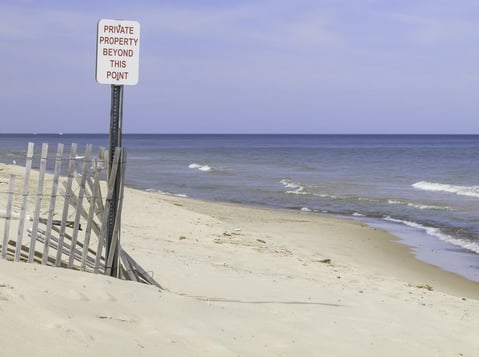
You had areas like Nebraska city that were flooded as a result of spring storms and snowmelt.
The state of Iowa had more than $2 billion in flood damage in 2019 and the city of Tulsa was shut down for weeks with flooding on the Arkansas river.
So what about the great lakes area how was it impacted by all this rain fall?
Well there are areas like Marquette, Houghton Lake, and Muskegon that were more than 6 inches above their normal rainfall average. This excessive rainfall continued all the way until the end of the year putting areas like Lake Michigan more than 6 feet higher than its normal average.
The problem is with this amount of rainfall is the water in the ground has nowhere to go and the streams and rivers that it normally runs off to are still full.
An already wet January in areas like eastern Michigan and the city of Chicago have shown us the potential disaster that is setting up for 2020.
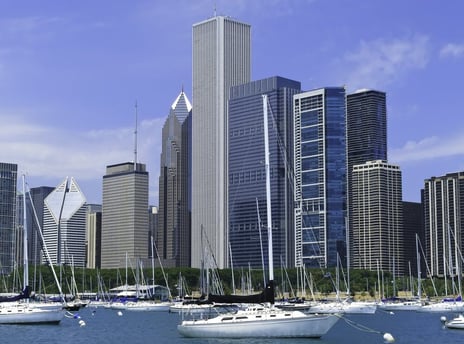
On Jan 11 2020 Chicago saw waves more than 20 feet high flooding areas like Southern Shores and Rogers Park. Streets crumbled from the pressure of the flood water, cars were washed away and water started to enter homes.
The potential flooding disaster for the great lakes area is setting up for something similar that we saw on the Missouri and Mississippi rivers in 2019.
These areas had a very wet 2019 it was one storm after another combined with record snow pack areas. You had areas like Missouri, Iowa, Nebraska, and Minnesota that seemed to have flood warnings for 6 months.
Something else that started to occur in 2019 in some of these great lakes area was coastal erosion. Much of these areas use sand dunes to protect against coastal flooding and with this erosion that protection is gone.

As 2020 gets wetter and wetter areas along the great lakes like Milwaukee, Chicago, Detroit, and Cleveland have a greater risk for this coastal and lake flooding.
So what can be done to help prevent or at least minimize this flooding?
Well keeping things like your gutters cleaned out and making sure run off spouts go away from the property are just a few tips.
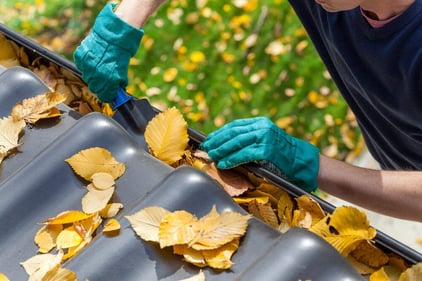
If you have flood insurance check your policy for loss avoidance. Loss avoidance will reimburse up to a $1000 for preventative measures like filling sand bags and moving property to higher ground.
Something else thats important to understand is the different risk each of the flood zones brings with it. While special flood hazard areas also known as flood zone A or AE do have a greater risk, its important to understand that even if you are not in a mandatory flood zone does not mean your property will not flood.
The outdated flood mapping process has given many people sense of false security. Just ask the 80% of flood victims in Houston during Hurricane Harvey that were told they did not need flood insurance or the many people along the Arkansas river that lost everything in 2019.
Many of these people were also told that flood insurance was not available. If you live in the great lakes area its important to understand that as long as your community participates in the National Flood Insurance Program then flood insurance is available for you.
So what if your community does not participate?
Well there might still be flood insurance options available. Lets discuss what two flood insurance options are available in the great lakes area and the Chicago area.
There is the National Flood Insurance Program and then there is the private flood insurance market.
So who qualifies for what?
As mentioned before as long as your community participates in the National Flood Insurance Program then you have access to flood insurance through that program. You may also have access to private flood insurance which could provide more coverage at up to 40% less on price.
So do you qualify for private flood insurance in areas like Chicago, Cleveland, or even Toledo?
Well it depends if you have a loan on the property or if there have been flood claims on the property in the past. If you have an FHA loan then the only option currently available for you is the National Flood Insurance Program, you can get a quote by clicking here. If you have another loan type then you have access to the private flood insurance market, you can get a quote by clicking here.
So what about flood insurance claims on the property?
Well some private flood insurance companies will automatically disqualify you if there has ever been a flood claim on the property. Others only look back 5 years on flood insurance claims. Its important when getting a flood insurance quote that you ask these questions. If a claim occurs it could be declined if it is discovered that the property had claims.
So if you want to learn more about how to prevent flooding in the great lakes area then make sure to visit our website. You can also check out our daily flood education videos on our YouTube channel or Facebook page. You can also tune into our podcast to learn more about mitigating your property against flooding.


